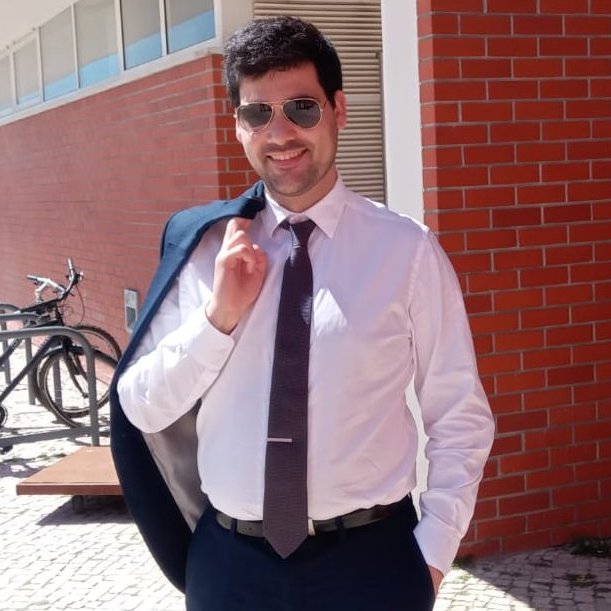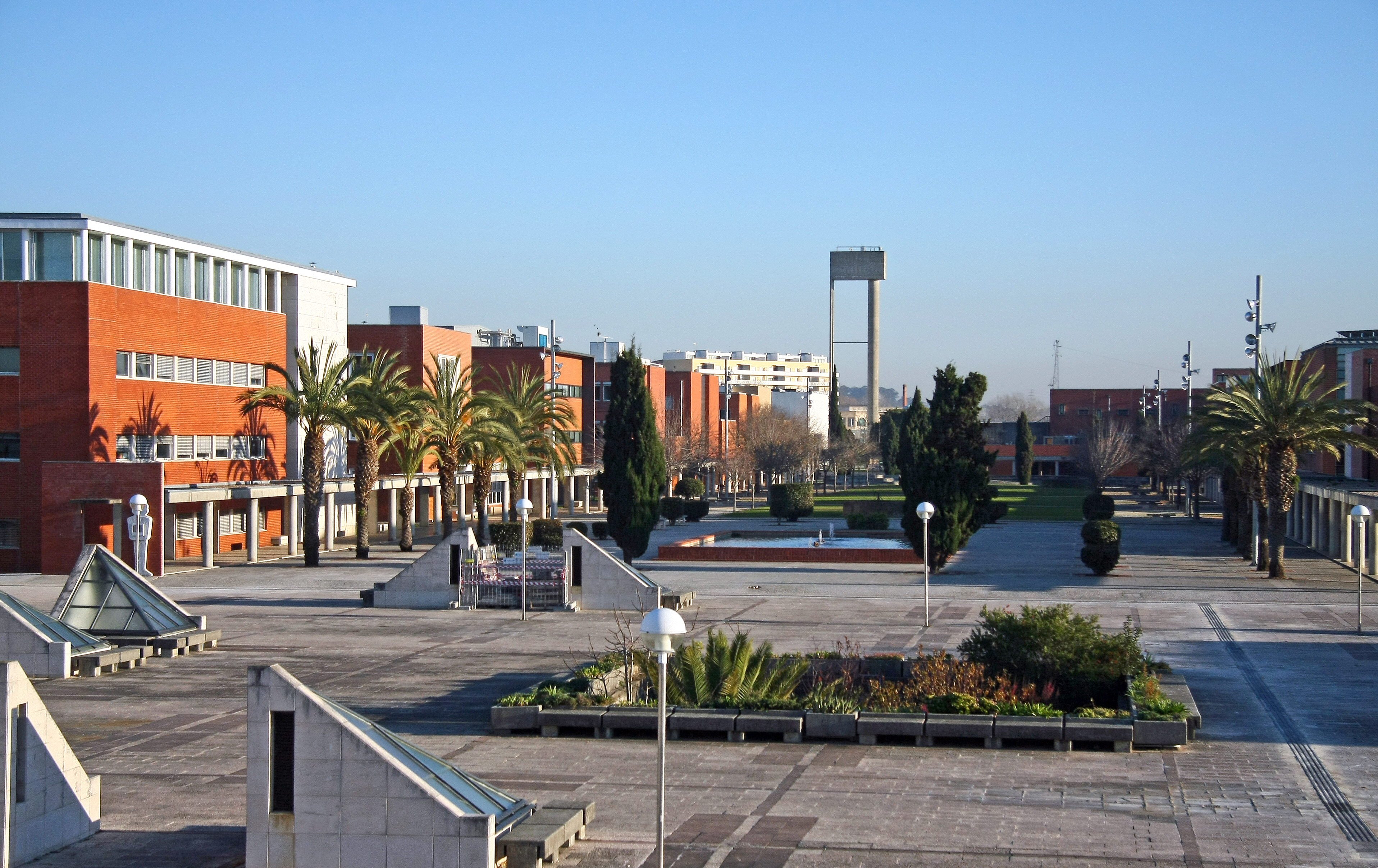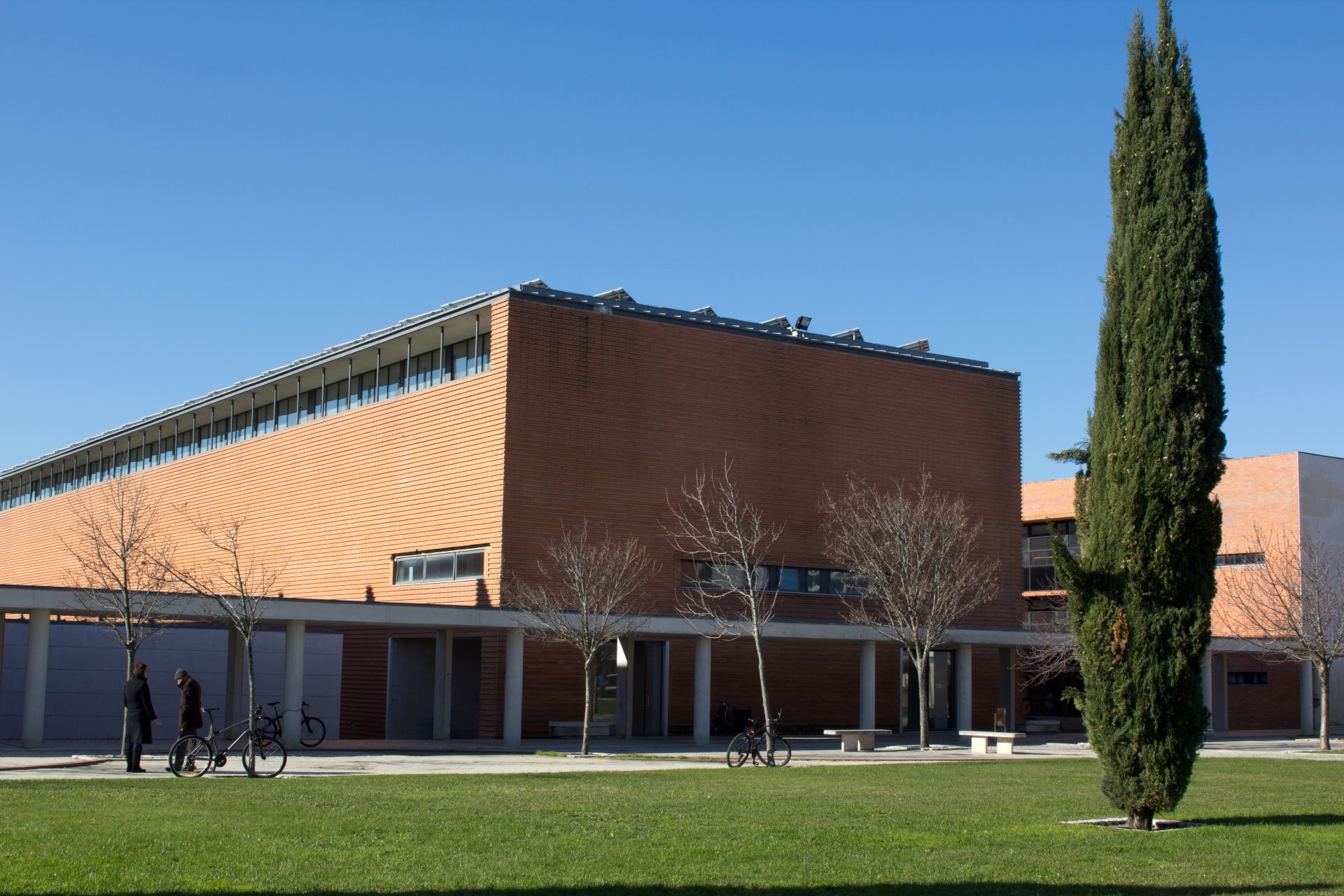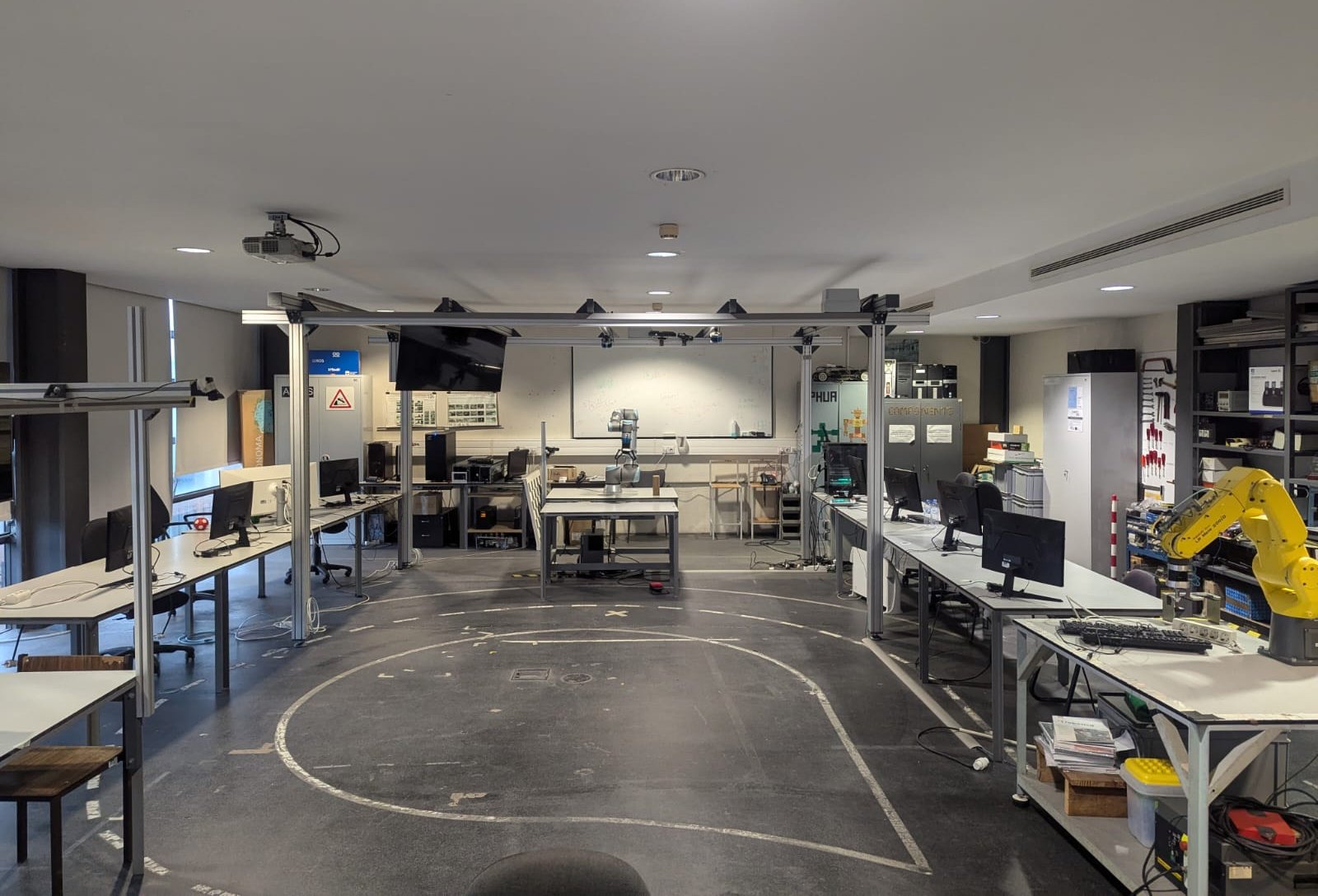About Me
Hi there!
My name is João Nuno Valente, and I am currently pursuing my PhD at the University of Aveiro in Portugal.
My research focuses on 3D vibrometry using RGBD cameras for position estimation.
Before embarking on my PhD, I completed an integrated Master's degree in Mechanical Engineering at the same institution.

Besides that, I used to play chess and was part of the university team. Nowadays, I am retired, but I can still play a game or two on Lichess or Chess.com.
Host Institution
My academic journey has been deeply rooted in the Department of Mechanical Engineering at the University of Aveiro — from undergraduate studies to doctoral school.
University of Aveiro
I’ve been at the University of Aveiro for quite a few years now.
It’s home to research units like the Centre for Mechanical Technology and Automation (TEMA), that I'm part of.

I also spent a year doing ERASMUS at the University of Udine in Italy. The food was good and the people were friendly.
Department of Mechanical Engineering
The Department of Mechanical Engineering (DEM) has pretty much been my academic home base since the begining.
This is where learnt the basics of engineering. Mainly, I focused on mechanical vibrations.

I completed my integrated master’s degree here, and for my thesis, I explored mechanical vibrations using MEMS accelerometers and micro-controllers, such as ESP32.
You can find my master thesis here.
Laboratory of Automation and Robotics
The Laboratory of Automation and Robotics (LAR) is part of DEM and is where I’m currently doing my PhD research.
I'm surrounded by robots, RGBD cameras, and people who are just as obsessed with innovation as I am.

The laboratory is led by Professor Vítor Santos and it’s also home to the ATLAS project. You’ll find gear like the UR10e robotic arm and a fleet of RGBD sensors here, such as the ORBBEC Femto Mega that I'm currently using.
Useful Links
If you're interested in learning more about my work or exploring some of the projects I've been involved in, check out the links below: